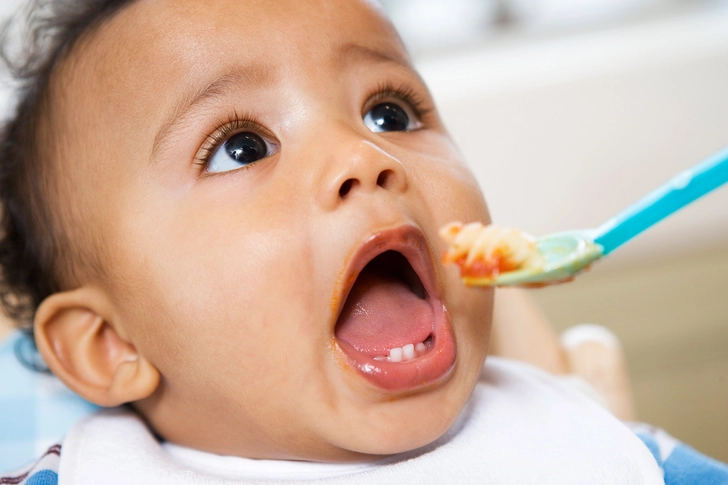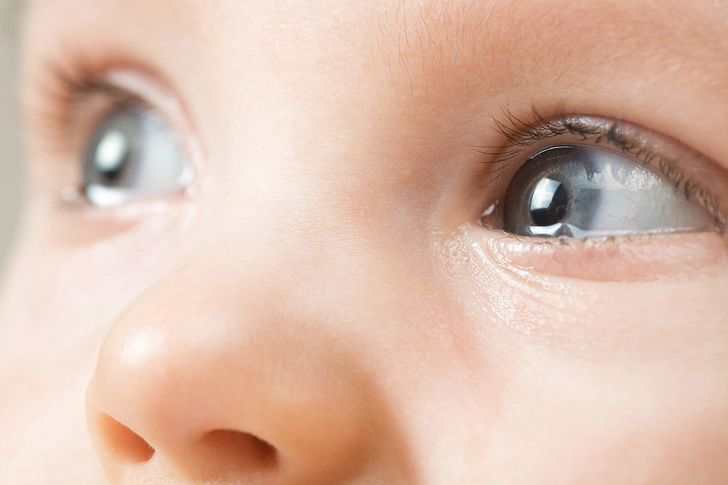
Their first poop doesn’t stink.
The black, tar-like stuff called meconium is made up of mucus, fluid from the womb, and anything else they digested while inside mom. But it doesn’t yet have the gut bacteria that make poopsmelly. As soon as you start feeding a baby, bacteria will start colonizing their intestines. After a day or so, bowel movements become green, yellow, or brown — with that familiar odor.

2/10
Sometimes infants stop breathing.
Likely when they’re sleeping, they may pause without a breath for 5 to 10 seconds — just enough time to make a new mom or dad panic. Irregular breathing is normal. (But if your baby stops breathing for a longer time or turns blue, it’s a medical emergency.) When babies are excited or after crying, they may take more than 60 breaths in a minute.

3/10
Their tonsils have taste buds.
Although a baby has about the same number of taste sensors as kids and younger adults, they cover more areas, including the tonsils and the back of the throat. A newborn can taste sweet, bitter, and sour, but not salty (until around 5 months). It’s a matter of survival: Breast milk is sweet, while bitter and sour may be harmful. When they start on solid food, they’ll tend to like the same things mom ate while pregnant and breastfeeding.

4/10
They cry without tears, at first.
Babies start crying around 2-3 weeks, but tears don’t show up until they’re about a month old. Late afternoon and early evening are prime fussing time. Often, it’s for no reason, and nothing you do will help.
“Peak crying” is around 46 weeks after gestation, or age 6-8 weeks for full-term babies. After 3 months, the storm has usually passed. (Preemies tend to be older, since they were born early.)
